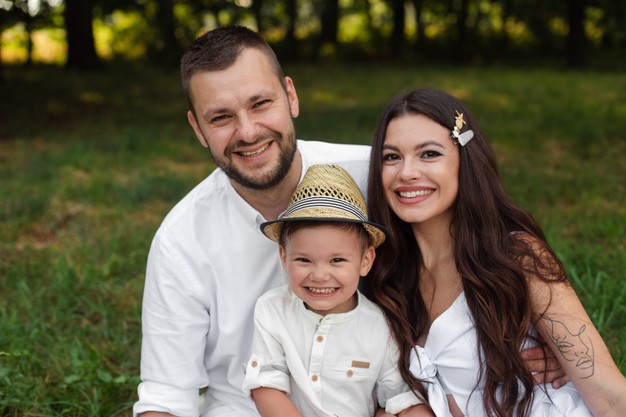
Secondary Infertility
You may be trying for a second child and have either been unable to get pregnant a second time or have been unable to sustain a viable second pregnancy. You may have experienced a miscarriage or a stillbirth. Both of which are incredibly painful, devastating and heart breaking.
The medical institution defines secondary infertility as the inability to become pregnant, or to carry a pregnancy to term, following the birth of one or more biological children.
Generally, within this definition, the first birth of the first child did not involve any assisted reproductive technologies or fertility medications.
Too often, doctors and medical professionals downplay the possibility of secondary infertility and instruct patients to keep trying up to six months or even a year to follow their menstrual cycle patterns, get ovulation kits and keep on trying without medical intervention. Feelings experienced by those trying to get pregnant include anger, grief, depression, isolation, guilt, jealousy, self-blame, and being out of control. You may feel jealous of friends who are able to have multiple children and depressed that you cannot provide a sibling for your child.
Many couples with secondary infertility report receiving less support from their family and friends than those who have primary infertility. Too often, couples are told instead, that they should be happy and grateful for their one healthy child. The couple’s wish to have additional children can be diminished when friends and family start comparing their experience to childless couples. This can enhance the shame, guilt, and grief felt during a secondary infertility diagnosis. It can be further damaging when couples seek out infertility treatments and they miscarry, or a live birth does happen. So often couples remain private about fertility interventions for fear of judgement from others.
Women and men undergoing in vitro fertilization and fertility treatments face emotional challenges especially when the treatments are unsuccessful. Psychotherapy sessions interventions can strengthen depressed and grieving women and men after unsuccessful fertility treatments resulting in miscarriages or no pregnancy. The role of culture and religion can play a profound role in infertility for couples.
The degree of distress in infertile couples during and after unsuccessful in vitro fertilization and fertility treatments can be quite high. With approximately 80 million people worldwide affected by infertility, psychotherapy is needed to support infertile men and women. With IVF and infertility failure rates being around 75%, mental health services are needed in the field of infertility.
Infertile couples often report mental health symptoms and related issues such as:
- Depression
- Anxiety
- Grief
- Anger
- Fighting with partner
- Feelings of inadequacy
- Blame
- Mistrust of their body
- Mistrust of the doctors
- Low energy
- Insomnia
Anxiety and depression play significant roles in individuals and couples dealing with secondary infertility. This is especially the case after unsuccessful fertility treatments. Infertility may lead to a sleuth of other problems including relationship issues, finance problems and increased negative mental health symptoms.
Proven psychological tools and interventions can help you create coping strategies, regulate the nervous system and assist in building a strong foundation. Both individual and couple’s counseling can be incredibly helpful in preparing you physically and emotionally during family planning and fertility treatments.

Mental Health

Mind-Body Connection

Maternal Mental Health
Office & Telehealth Locations:
Pasadena CA 91105
Monrovia CA 91016
stacey@staceyinal.com
© 2023 by Stacey Inal, CA LMFT #120626 Los Angeles, California.

